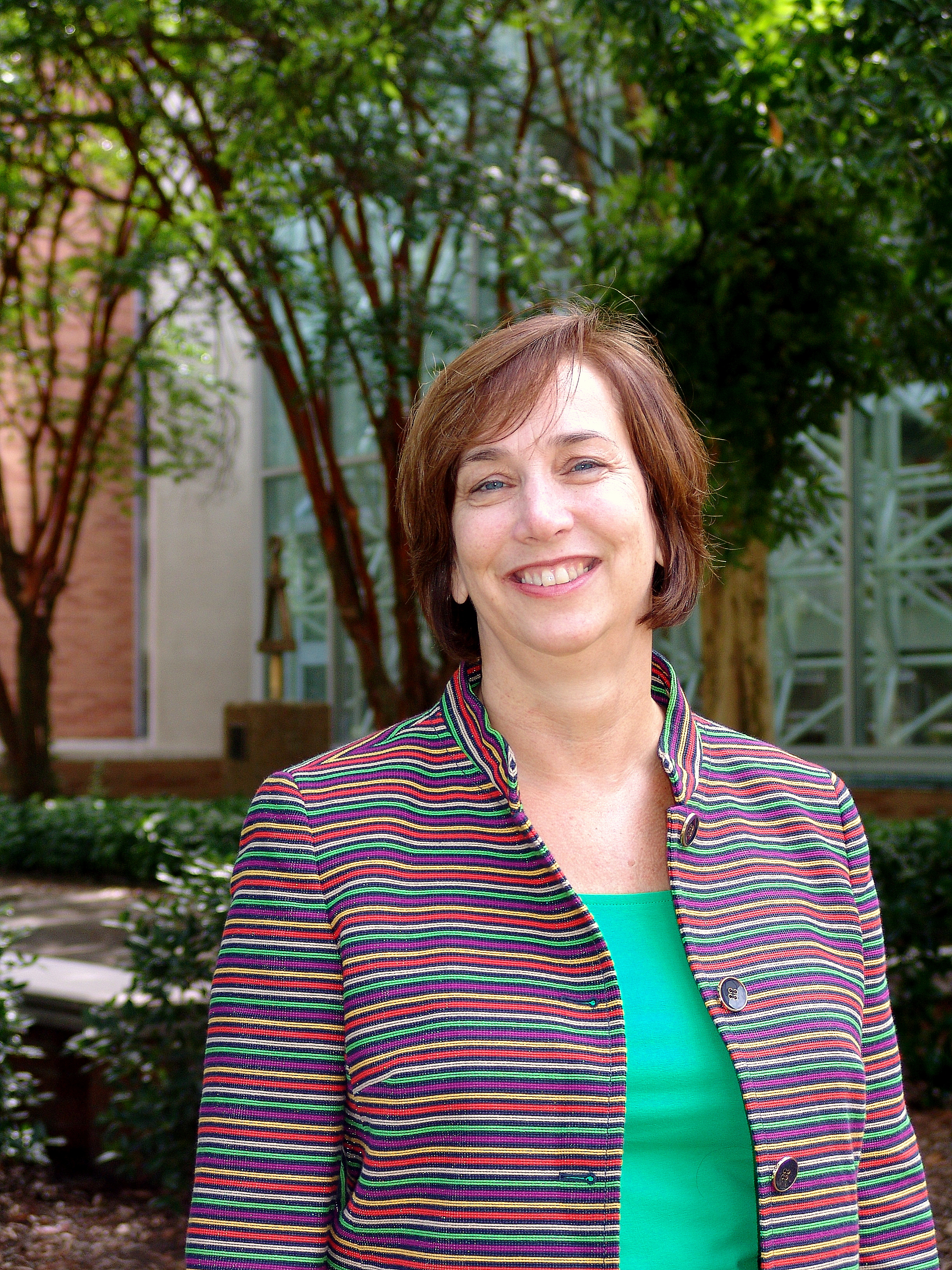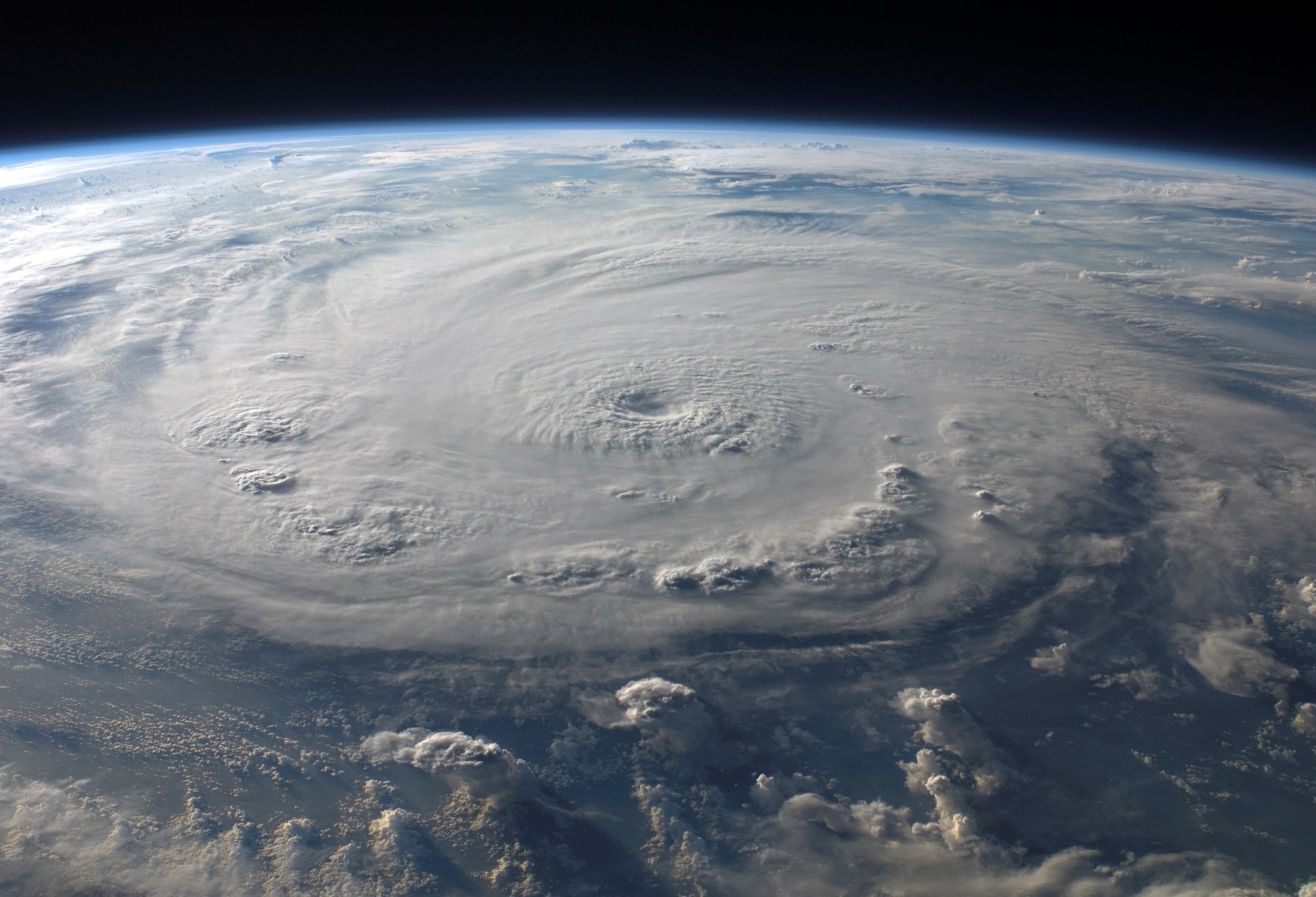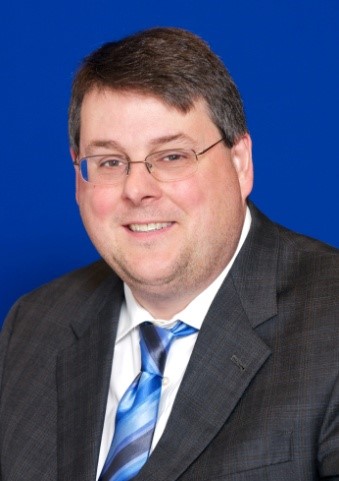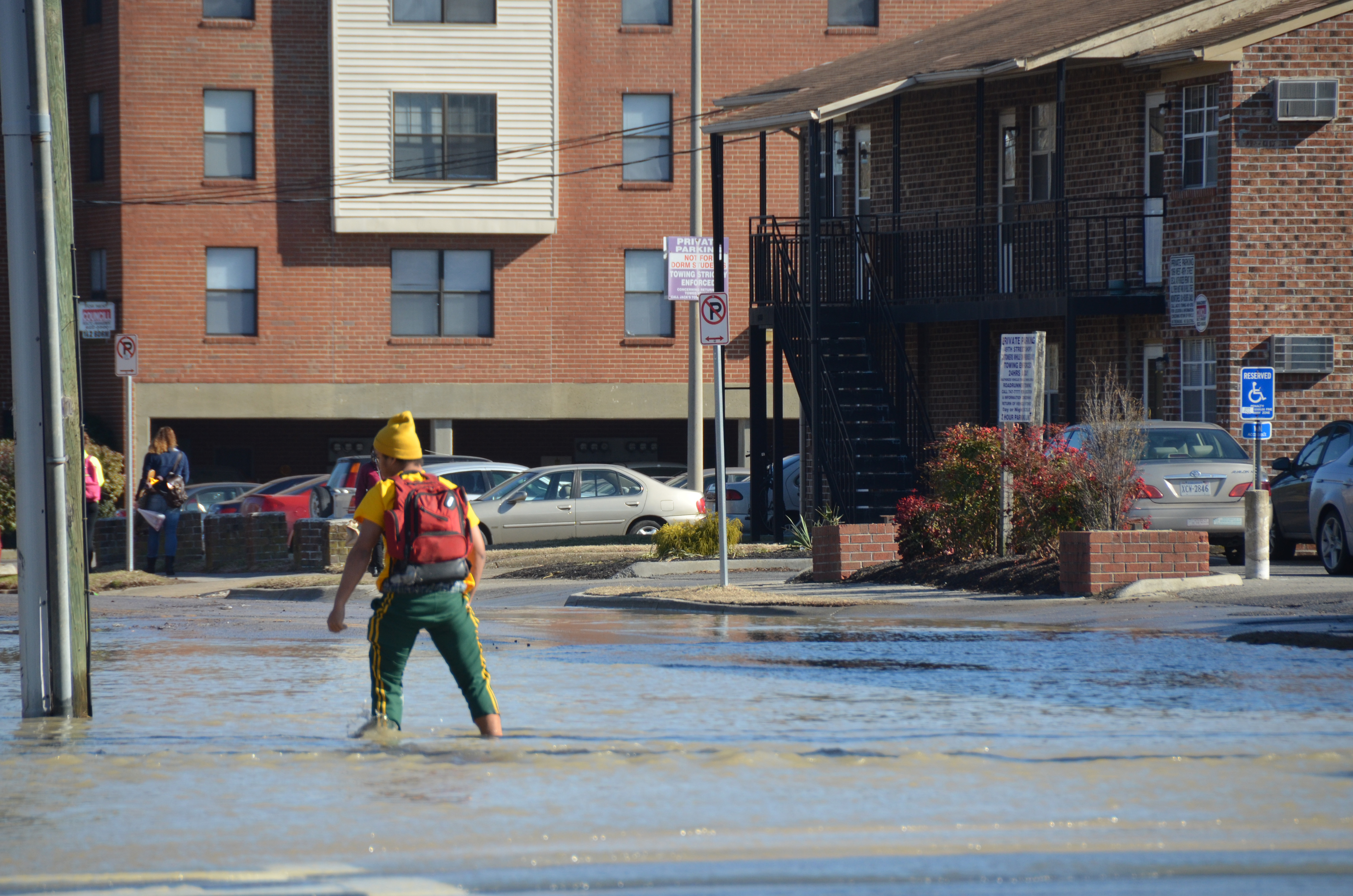ODU's Carol Considine a Featured Expert on NPR's Hurricane Irma Coverage
September 08, 2017
 Carol Considine
Carol Considine
By Jon Cawley
The Sept. 8 broadcast of National Public Radio's drive time news program "Morning Edition" focused on the unprecedented strength of Hurricane Irma and the infrastructure challenges posed by sea level rise and the increasing power of coastal storms.
Among the engineers interviewed was Carol Considine, an associate professor of engineering technology at Old Dominion University and member of the ODU Resilience Collaborative.
Considine told the show's national audience that higher sea levels will make any storm surge that comes ashore with Irma much more damaging.
"You're definitely going to have roadways that may be undermined and damaged from this type of storm," she said. "You're also going to have coastal flooding which could affect the storm water systems and communities."
The program was broadcast in the immediate aftermath of Hurricane Irma's devastating battering of St. Martin, Anguilla, Barbuda and several other Caribbean island nations, which sustained near-total destruction.
By then, Irma had decreased from a category 5 to a category 4 hurricane, but still sustained maximum winds of 155 miles per hour. The storm had also turned northward toward the continental United States, with Florida expected to be hit first.
"Imagine speeding down the highway at 70 miles per hour with your car open while sticking your hand out of the window," said David Prevatt, of the University of Florida. "Now imagine jumping into a Maserati and going 185 miles per hour. The force in comparison to the 70 miles per hour is going to be seven times as strong. This means Hurricane Irma's winds are exponentially stronger than anything that most people have ever experienced before."
Dams and levees are vulnerable to a storm of Irma's strength, as are electric power grids. Many of these U.S. systems are more resilient now, and building codes have improved since Hurricane Andrew 25 years ago, but Considine said the answer isn't solely to improve standards based on past storms.
"We need to start thinking about what we expect in the future and start changing the way we design to anticipate some of those future events," she said.
Prior to joining Old Dominion, Considine had fifteen years of industrial experience in the construction industry. In 2014, she was awarded a national Excellence in Teaching Award by the Associated Schools of Construction. She has co-written more than 14 papers in journals and participated in conference proceedings focused on applied research and civil engineering technology education. She has been actively involved in applied research and has been a co-investigator on several competitive grants with funding exceeding $1 million.
The ODU Resilience Collaborative is a consortium of leading University scholars actively engaged in research, education and outreach on critical resilience issues at the community, regional, national and global levels.
To listen to the Morning Edition broadcast, visit the National Public Radio website.




